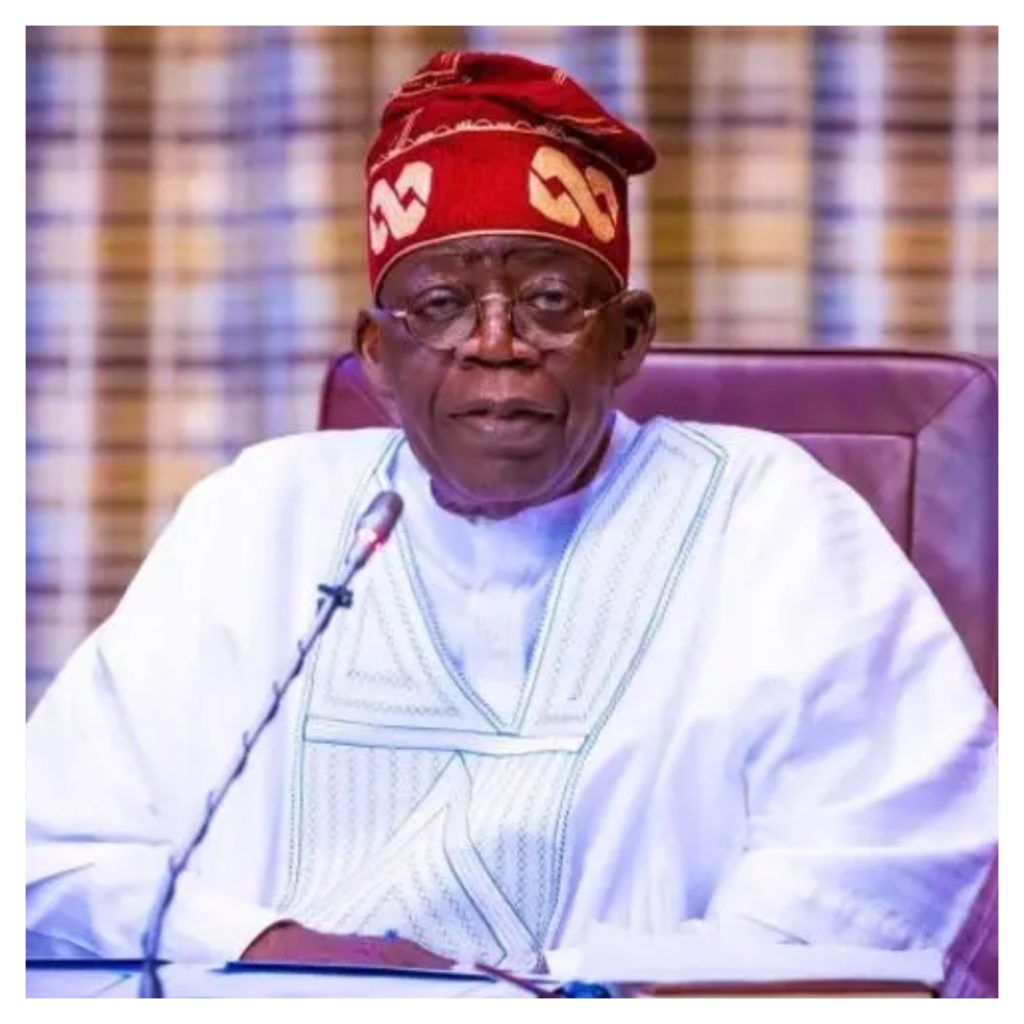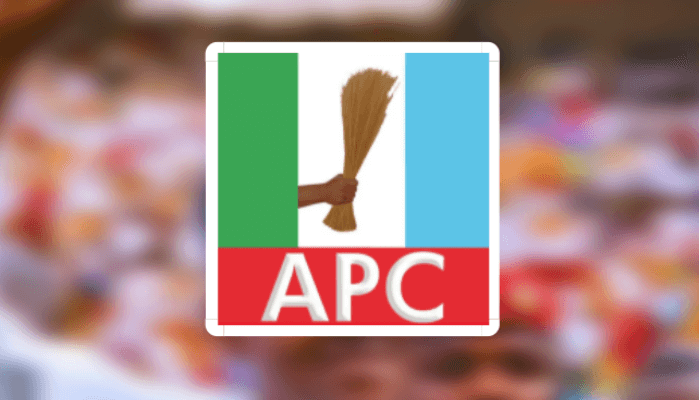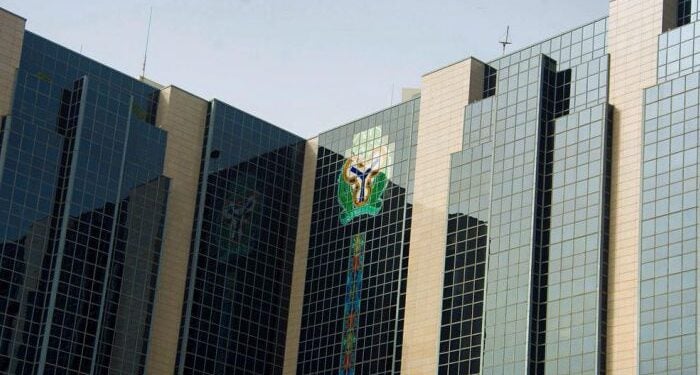Nigerian Government Urged to Suspend 15% Import Tariff on Petrol and Diesel
Public analyst Ezenwa Nwagwu has called on the Nigerian government to suspend its recently approved 15% import tariff on premium motor spirit and automotive gas oil. The tariff, announced by President Bola Ahmed Tinubu, aims to protect local refining capacity, but Nwagwu argues that it will create artificial scarcity, cause inflation, and undermine deregulation.
The policy has sparked a fresh fuel and diesel price hike, with the Dangote Refinery, which currently meets only about 40% of national fuel demand, set to benefit from the move. Nwagwu, Executive Director of the Peering Advocacy and Advancement Centre in Africa (PAACA), warned that restricting imports will not stabilize supply but will create scarcity, leading to higher prices and increased hardship for ordinary citizens.
According to Nwagwu, imported petrol currently costs around N802 per liter, while the locally refined product from Dangote costs N929.72 per liter. The addition of a 15% tariff will increase pump prices by between N140 and N165 per liter, driving up the cost of transportation, food, and essential goods. This move contradicts the spirit of deregulation, which aimed to dismantle cartels and promote competition.
Nwagwu emphasized that the government’s role is to ensure fairness and transparency, not to pick winners and losers. He noted that Nigerians are already struggling with fuel subsidy removal, currency devaluation, inflation, and job losses, and that adding a 15% tariff would only deepen the hardship and risk public unrest.
To address the issue, Nwagwu demanded that the government suspend the proposed tariff until domestic refining capacity meets at least 80% of national demand. He also called for the government to publicly disclose refinery supply agreements with marketers, publish monthly data on refinery output, import volumes, and landed costs, and establish a downstream competition framework to prevent monopolistic pricing.
The federal government has defended the policy as a measure to protect local industries, but Nwagwu’s concerns highlight the need for a more nuanced approach that balances the interests of local refiners with the needs of consumers. As the situation unfolds, it remains to be seen how the government will respond to these concerns and address the challenges facing Nigeria’s energy sector.



